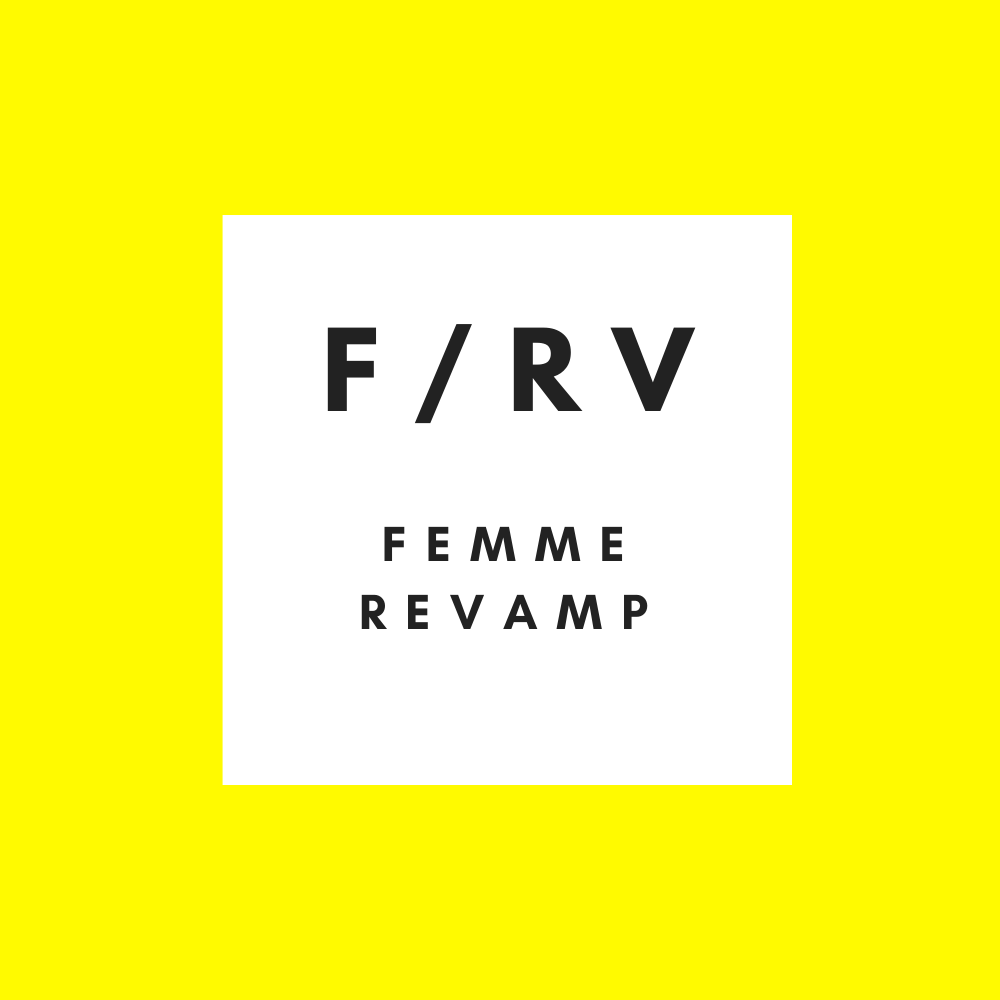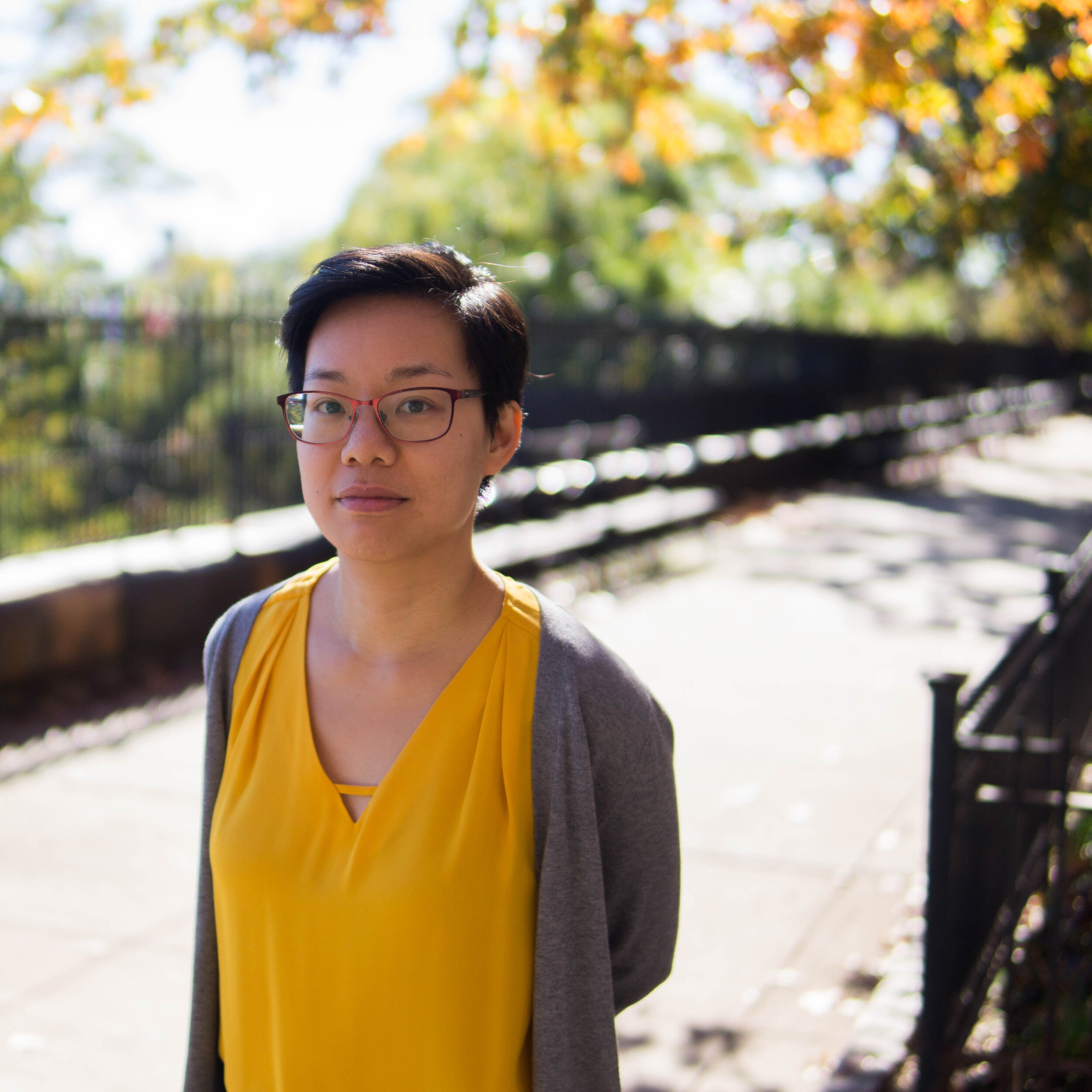Cynthia Pong
Cynthia Pong, JD, is a feminist career strategist, speaker, and author of Don't Stay in Your Lane: The Career Change Guide for Women of Color. An NYU-trained lawyer turned career coach, she is on a mission to empower women of color to get the money, power, and respect that they deserve. Her career advice has been featured in Refinery29, HuffPost, Supermaker, FastCompany, and more, and she is a LinkedIn Top Voice for Job Search and Career.
Cynthia specializes in strategizing with mid-career women of color professionals who are pursuing unconventional paths. Her coaching focuses on emboldening her clients, sharpening their negotiation skills, and building their business acumen. She is frequently sought out to provide highly relevant, super applicable, easy-to-understand career advice specifically for women of color.
Her clients are breaking down barriers in a variety of fields and industries, including: law, medicine, business, international relations, public health, media, the arts, social justice, social work, sustainability, and the trades. Cynthia is a proud introvert, a classic middle child, and an unapologetic Rottweiler enthusiast.
Interview: Cynthia Pong, JD & Founder of Embrace Change
By Angela Tai
You’re an NYU-trained lawyer who parlayed that training into a career coaching role. What first made you think about becoming a career coach?
I tried a lot of different things in my business and they just didn’t work out – until career coaching. Basically, it was lots of trial and error; I gave each iteration of my business my best and realized I don’t have to feel any shame in getting bogged down in the failure and I could simply try something else. Also, right after law school, there was my whole other career as a public defender, which I burnt out of, after which I had to reinvent my career.
How did being a public defender prepare you for becoming a career coach?
It has allowed me to stay grounded and taught me discipline. In the end it’s about perspective; when I’m stressed about something from work, I remind myself that, even worst-case, nobody is going to jail based on what I say and/or didn’t say. On a practical note, my background as a public defender and legal training also made it easier for me to formulate the right questions. I’m always thinking about how to investigate a situation, how to solve problems for a client, and how to reveal things. I have taken that skillset from my past and it has helped me immensely.
What’s the most common struggle you see among women you coach?
Being hesitant to advocate for themselves is one of the biggest struggles, especially in women of color. We are socialized to put others first, be humble, and not talk about our accomplishments. We’re conditioned to not ask for more; and in fact, to not ask - period. It’s important to figure out how to speak up without drawing backlash; advocating for yourself in the marketplace as a business owner is equally as crucial. I’ve posted before on social media about how women, especially introverts, can’t just assume their work will speak for itself. You have to tell people about your output, show them, and tell them again. Everyone is so absorbed with themselves and they’re not thinking about you or your work most of the time - it’s just human nature.
In addition to private coaching, you have a workshop called “Stop Settling in Your Career.” What does “settling” mean to you, and what are some of the things you incorporate into this workshop to elevate women so they don’t settle?
By settling in your career, I typically think about how we often accept certain things that I don’t think we should have to put up with - being marginalized, given the office house work, and being expected to be seen but not heard. I wish we didn’t have to encounter and navigate that kind of sexism and racism in the workplace. So the workshop contains tools & strategies for negotiation, how to say no and how to respond advantageously when you hear no, and also how to hold proper work boundaries so you’re not taken advantage of.
How difficult was the decision to leave your public defender position? And, looking back — would you have done anything differently?
Yes, it was pretty fraught. It was a really drawn out decision and I wrote about this in my book coming out soon — Don’t Stay in Your Lane. There were a good two years where I was going back-and-forth about my feelings about the job and the work. I was also incredibly stressed, had too many clients, and didn’t know if I could continue to do that type of work. It’s a good reminder for me that whenever a client is going through a career change, we have to respect their timelines. You have to go through the journey and let it take its course. Looking back, I wouldn’t do anything differently because I know I learned important lessons from my mistakes. Then again, I know we have a psychological tendency to confirm and defend our own past decisions! Maybe I would try to focus less on the elusive “destination” of my career change (it’s not some kind of a ladder that we’re climbing).
Did you ever feel lonely during your journey of transitioning from being a public defender?
I had a very strong community at work; I have some friends from my public defender life that I still keep in touch with to this day. This made my decision harder because I didn’t want to leave them. But a lot of them were really helpful in being a sounding board for me as I was going through my fraught decision making. Also, my former therapist/business coach really helped me figure things out. Having support – for anything – makes it a lot easier because you don’t feel so alone; you don’t have this feeling of “nobody understands me.”
How do you gut-check as an entrepreneur?
I think gut-checking is really key. The problem is a lot of us have this block between our gut and our mind; society trained us to think rationally and not listen to our intuition. We’re told: feelings aren’t supposed to drive how you do work and run a business. But we’re the only real expert in our business and, if we’re tuned into it, our gut instinct will lead us the right way – even if things don’t turn out perfectly at first.
Pay equality and discrimination is a problem, especially for Black and brown people and women, who are often the most affected. What are some of the things that well-intended hiring managers can do to change this?
Well, one thing for sure is having pay transparency. Are BIPOCs and women making the same as the White men doing the same work? Without pay transparency, we can only guess. The fact that people don’t know what other people make at the same organization is a major problem. It keeps people (employees and workers) disempowered. That’s what hiring managers and leadership need to do is make the pay transparent. Also, decreasing the gap between what executives make and what everyone else makes within the company is crucial. This is putting your money where your mouth is. We have to try to make things more equitable.
I’m seeing an influx of companies that are hiring diversity, equality, and inclusion leaders for the first time. The reality is, this is still a relatively new practice (in the past 7 years or so) and not many people are truly “experts”. As a career coach in this space, what advice would you give to companies that are looking to make their first DEI hire?
Oh yeah, there are so many performative, empty measures. There were a couple of things that I took away from this helpful piece, this is still a relatively new industry so don’t ask for someone with 15 years of experience because nobody has that. Also, make sure to do your own work, DEI hires are there to be strategic experts and they will still need you to do your own anti-oppression work, as well as their own team – especially if you have anything larger than a very small company. Be prepared to listen to them, there’s a lot of turnover in these jobs because, oftentimes, it’s simply a hostile work environment for them. These DEI hires should have the support they deserve. Ultimately, the leadership team should still take responsibility and ownership over the DEI mission and progress toward those goals.
A lot of people currently feel stuck in their careers but are too afraid to change — especially during this recession. What is your advice to them?
That’s the hardest; I was talking about this with a friend the other day and have a blog post about it. The first thing is to figure out exactly what is making you feel stuck: Is it fear of failure or living in the past? Is it fear of conflict or people-pleasing tendencies? Is it really not the right time to change right now? Whatever is at the root of it, identify that first. Then you can problem-solve. After that, I encourage people to take the smallest step they can, maybe it’s that micro-goal of simply logging into LinkedIn, for example. It’s important to use micro-goals to start building that momentum; ultimately, going around in circles will not be helpful for you. It’s also best to be self-compassionate and to set your goals for each day; remember to celebrate those milestones no matter how small they seem. These small steps can really help motivate us!
What is the proudest moment in your career-coach journey so far?
My book is definitely my proudest achievement so far. It took me three years to complete it and was (and still is!) a ton of work, but I am very proud of it and I think folks will get a lot out of the book. I gave it my all. Preorder your copy of Don’t Stay in Your Lane today!
You made a pretty significant career move, and it’s worked out. Where do you hope Embrace Change will be in the next five years?
I suck at this question! I really enjoy how things are now, my work is a mix of things, I’m my own boss and there’s no bureaucracy. I definitely still want to keep working with women of color and I love one-on-one work because I am an introvert by nature. I also love working with women of color who are trailblazers, whether that means helping with starting or scaling their businesses. I’ve also been working on my public speaking so I hope to build that practice, maybe have a TED talk someday. At this point, I don’t think I want to write another book, and beyond that, maybe I’ll get a dog, who knows!

